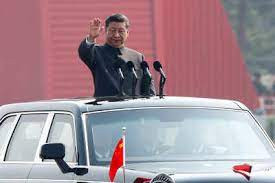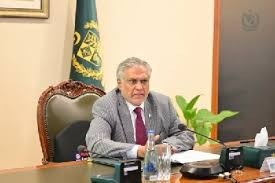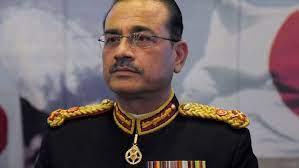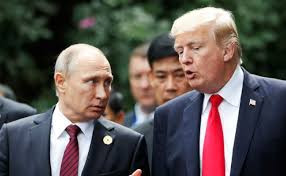“Three Indian Nationals Abducted in Mali Amid Al‑Qaeda‑Linked Attacks; MEA Demands Immediate Release”
IIE DIGITAL DESK : India’s Ministry of External Affairs (MEA) has expressed profound concern following the abduction of three Indian nationals in Kayes, Mali, on July 1, 2025, amid a wave of coordinated terrorist attacks by an Al‑Qaeda affiliate group. The victims—employees at the Diamond Cement Factory—were seized when armed militants stormed the industrial site, marking a new escalation in the region’s instability.
The MEA condemned the kidnappings as a “deplorable act of violence” and has formally urged the Malian government to take all necessary and immediate measures to ensure the safe and swift release of the hostages .MEA Spokesperson Randhir Jaiswal reinforced that senior officials are closely monitoring developments and remain engaged with Malian authorities at multiple levels to facilitate the release process .
Though no group has yet claimed responsibility for the kidnappings, Jama'at Nusrat al-Islam wal-Muslimin (JNIM)—an Al‑Qaeda-affiliated insurgent organization—has taken responsibility for a series of attacks on government and military installations across western and central Mali on the same day .The MEA noted that the abductions coincided with those wider assaults, reinforcing suspicions of militant involvement .
India’s embassy in Bamako is in “close and constant” communication with local law enforcement, Malian officials, and Diamond Cement management. The mission is also directly coordinating with the families of the abducted, providing support and updates.
Given the escalating violence in Mali, the MEA has issued a security advisory to all Indians residing in the country, urging them to exercise extreme caution, remain vigilant, and maintain regular contact with the embassy for the latest updates and assistance .
The abductions are part of a broader pattern of intensifying insecurity in the Sahel region, where militant activity has surged. Terror-related fatalities in the region have reportedly increased by 2,000% over the past fifteen years .In Mali, rebel groups like JNIM have frequently targeted military, civilian, and industrial sites, creating a highly volatile environment.
India’s diplomatic approach is firm yet measured. By publicly condemning the abductions and seeking swift action, New Delhi is signaling its zero tolerance for such acts against its citizens. Simultaneously, the MEA’s cautious tone avoids escalating tension—all while maximizing diplomatic pressure on Bamako. This strategy mirrors New Delhi’s past responses to hostage crises—such as its discreet role securing the 2020 release of Indians in Libya—but with greater urgency due to the Al‑Qaeda nexus and risk to the abductees.
The immediate priority is securing the safe release of the hostages. Emergency evacuation, prisoner exchange, or intelligence-led rescue are possible outcomes. Meanwhile, the embassy in Bamako continues to coordinate directly with families and local authorities, while the Indian security apparatus gathers intelligence to support contingency planning.
The incident underscores Mali’s deteriorating security—a situation that has drawn international concern and sporadic peacekeeping efforts. For India, it also highlights the increasing vulnerability of its nationals working in volatile regions, reinforcing the need for enhanced risk assessment and crisis-response mechanisms.
The abduction of three Indian citizens in Mali by suspected Al‑Qaeda–linked militants is a grave international incident. With the MEA’s firm diplomatic pressure and continuous coordination with Mali-based authorities and families, India is seeking a resolution through engagement rather than confrontation. The world now watches as Bamako faces rising pressure to act swiftly; until then, every moment remains critical to securing the safe return of the abducted.
You might also like!
















